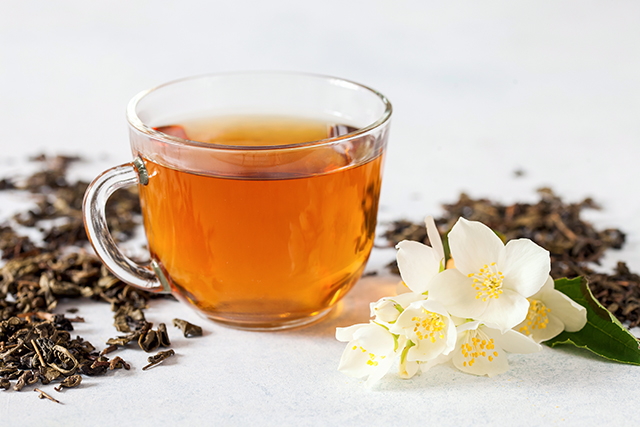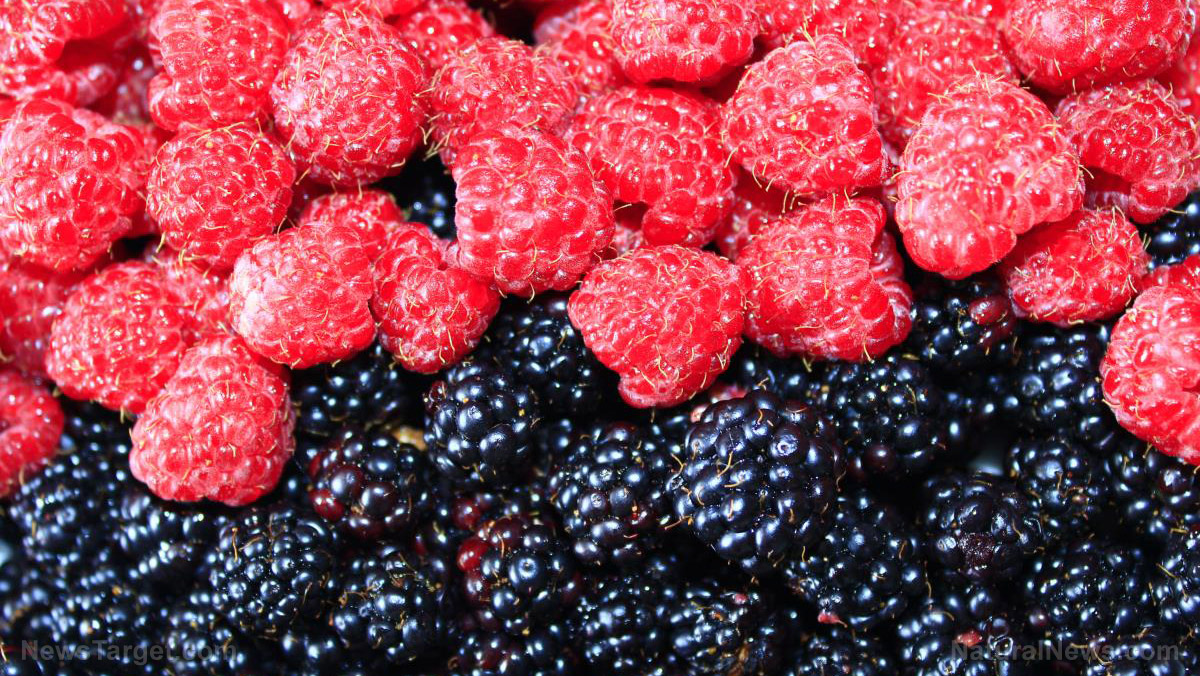Organic tea has a superior nutritional profile compared to conventional tea
11/12/2018 / By Ralph Flores

Researchers have found that organically grown tea contains more antioxidants. The study, led by the Ministry of Agriculture in Hangzhou, China, linked these antioxidants to multiple health benefits, including a lower risk of disease and improved overall health. Their findings, which appeared in Biological Agriculture & Horticulture, compared the benefits of organically grown tea with its conventional counterpart.
- The team investigated the functional quality components of tea leaves grown using organic or conventional management systems. For the study, the team chose six farms at six sites in eastern China which grew tea using both organic and conventional methods.
- The findings revealed the aqueous extracts from organic tea had higher amounts of catechins, compared to those of conventional tea. In particular, these compounds were linked to tea quality. They also found higher amounts of epigallocatechin gallate (EGCG), epigallocatechin (EGC), epicatechin gallate (ECG) and epicatechin (EC), as well as higher levels of proline and y-aminobutyric acid.
- However, organic tea had lower levels of free amino acids, including theanine. According to the researchers, this meant that the soil used to grow organic tea lacked nitrogen. They suggested improving nitrogen levels to increase amino acid levels while maintaining polyphenol content.
- Organic tea was also noted to be subjected under greater environmental stress than conventional tea. This accounted for the increased amount of catechins and proline.
From the findings, researchers found that organically produced tea contains multiple health benefits. They called for improved agro-ecosystem techniques to enhance the amino acid profile in organic tea.
Learn more about the benefits of organic tea at Organics.news.
Journal Reference:
Han WY, Wang DH, Fu SW, Ahmed S. TEA FROM ORGANIC PRODUCTION HAS HIGHER FUNCTIONAL QUALITY CHARACTERISTICS COMPARED WITH TEA FROM CONVENTIONAL MANAGEMENT SYSTEMS IN CHINA. Biological Agriculture & Horticulture. 2017;34(2):120–131. DOI: 10.1080/01448765.2017.1396497
Tagged Under: Amino Acids, antioxidants, benefits of tea, organic tea, polyphenols, soil nitrogen, tea


















